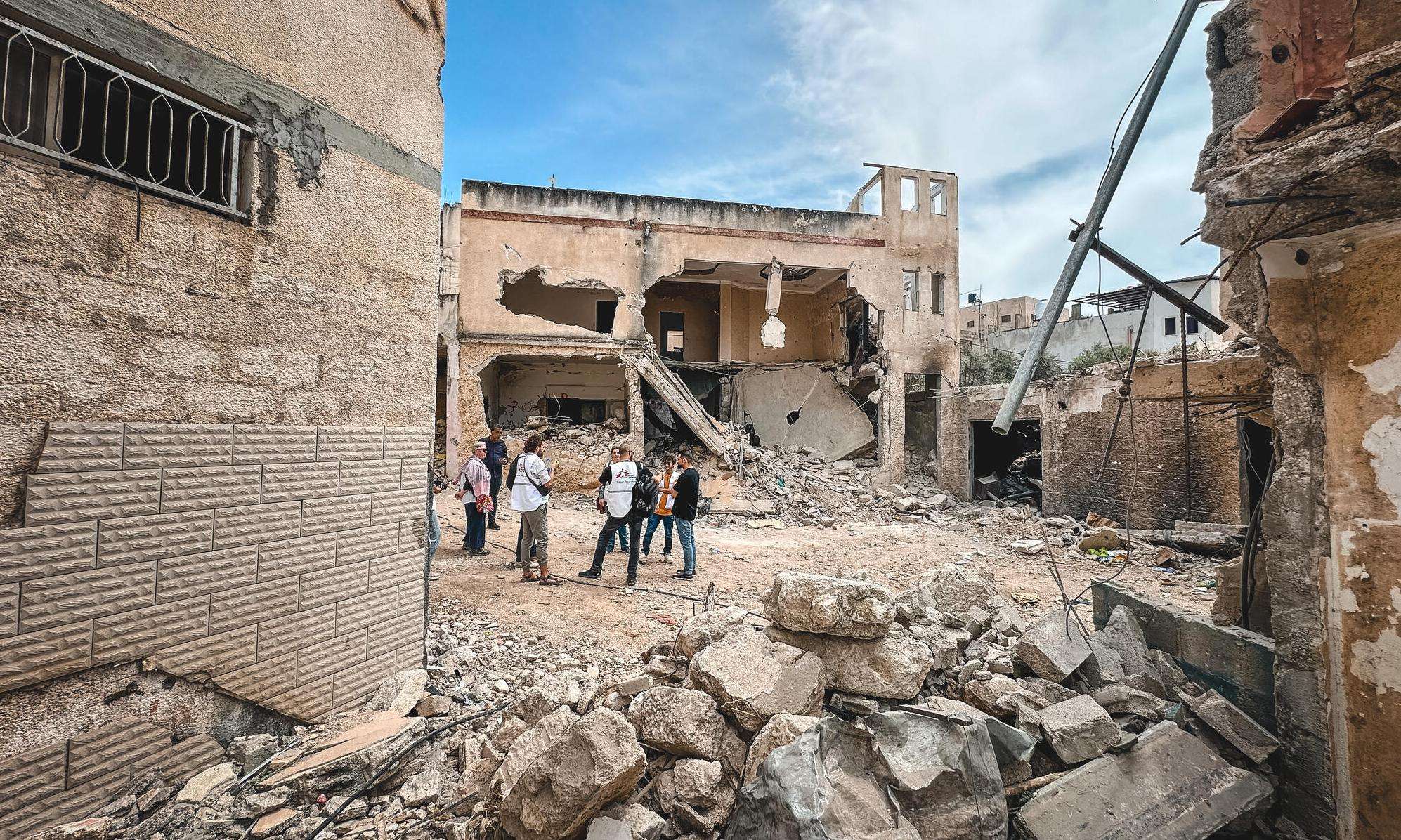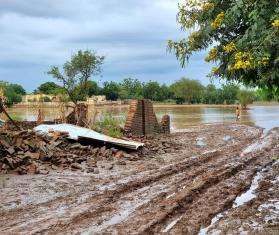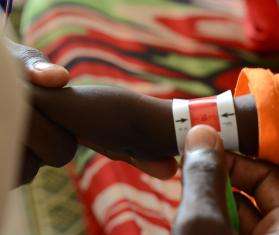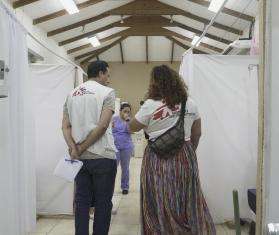NEW YORK/JERUSALEM, September 5, 2024 — Ongoing large-scale military incursions launched by Israeli forces in the West Bank and repeated attacks by the Israeli military on health workers, ambulances, and medical facilities are severely hindering Palestinians’ ability to access medical care, said the international medical organization Doctors Without Borders/Médecins Sans Frontières (MSF).
The dramatic escalation of Israeli incursions, beginning in the early hours of August 28, has also caused wide-scale damage to road infrastructure, electricity networks, and water supplies, seriously hampering MSF's ability to reach patients and run medical activities. Humanitarian needs are on the rise, especially in camps where displaced people are living.
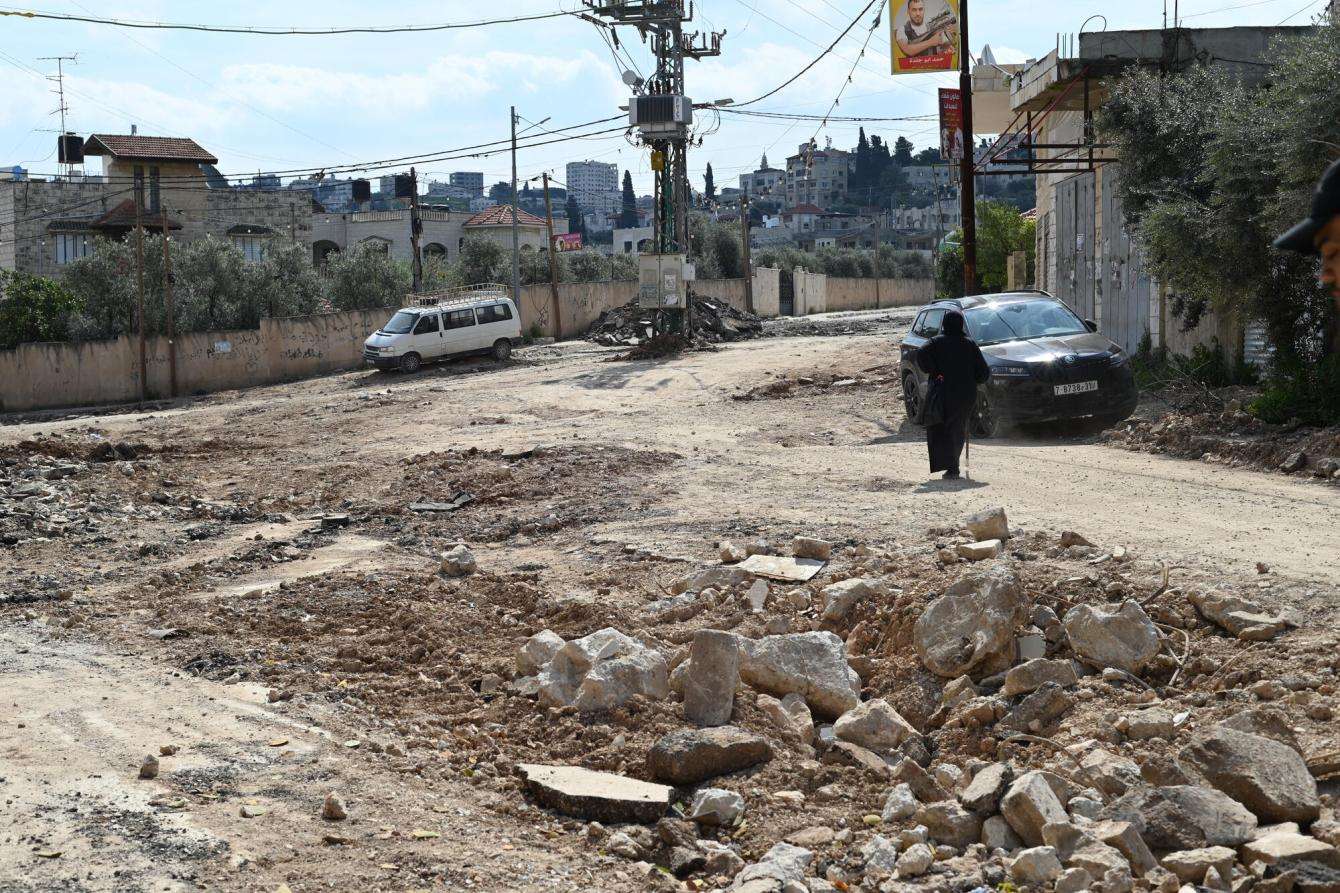
“Our staff are currently restricted in their movement and ability to provide direct support to the population,” said Caroline Willemen, MSF project coordinator. “We have only been able to provide emergency psychological first aid in Tulkarm and to make a donation [of medical supplies, baby milk, and diapers] in Jenin. The incursions need to stop and unimpeded access to health restored as soon as possible.”
Due to the security situation and the destruction of infrastructure by the Israeli forces, MSF medical teams have been forced to suspend regular activities in Tulkarm and Jenin cities. In Hebron, Israeli forces have blocked access into and out of the city, preventing MSF teams from running mobile clinics and supporting its maternity facility located outside the city. MSF’s clinic inside Hebron is operational, but blockades and the feeling of insecurity is reportedly preventing patients from accessing it.
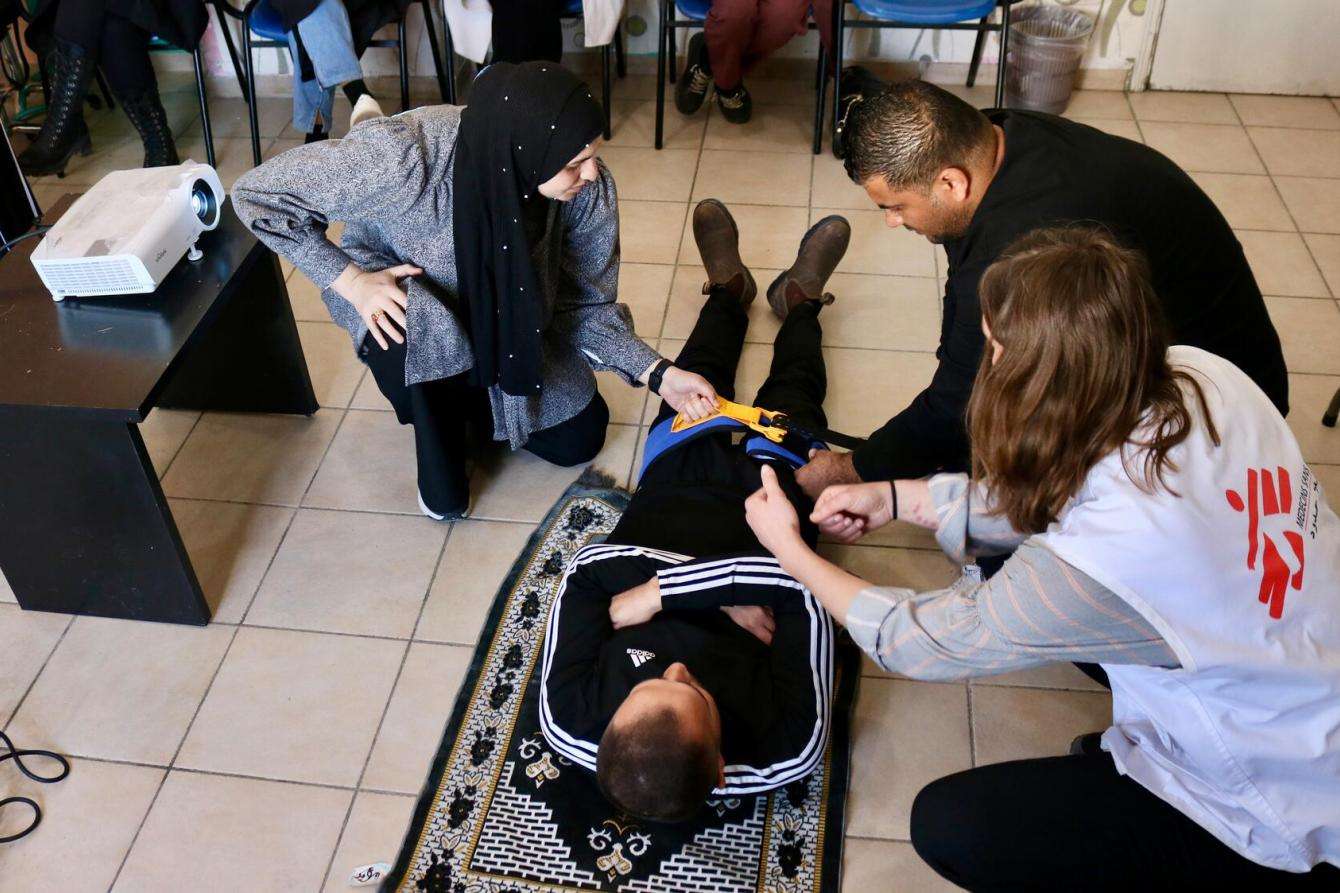
Further impeding access to care, ambulances and health workers have been repeatedly attacked—including in Jenin and Tulkarm—seriously compromising medical activities. The MSF-supported Khalil Suliman Hospital in Jenin remains surrounded by Israeli forces and struggles to access water and electricity to carry out its operations.
A volunteer paramedic trained by MSF describes how she was wounded while providing first aid to a patient in a camp in Tulkarm: “Even while wearing my medical uniform, I was hit by munitions from the air and was injured above my eye and got shrapnel wounds.”
Another paramedic trained by MSF describes how Israeli soldiers entered his home and threatened him: “Israeli forces broke down my door. I informed them several times that I was a volunteer for medical organizations, but they dragged me out and kicked my back before pointing a weapon at my head.”
The recent incursions in the West Bank are the most intense since 2002. Over the past eight days, 39 Palestinians have been killed and 140 injured, according to the Ministry of Health. These attacks are part of a wider pattern of violence that has sharply increased since the start of the war in Gaza. More than 652 Palestinians have been killed in the West Bank since October 2023.
As the occupying power, Israeli authorities must uphold their obligations under international humanitarian law to guarantee unimpeded access to health care and other essential services in the West Bank. Civilians, health workers, ambulances, health facilities, and hospitals must be protected.
MSF operations in the West Bank are focused on providing emergency care, primary health care via mobile clinics, and mental health care—including psychological first aid—in Hebron, Nablus, and Jenin.
